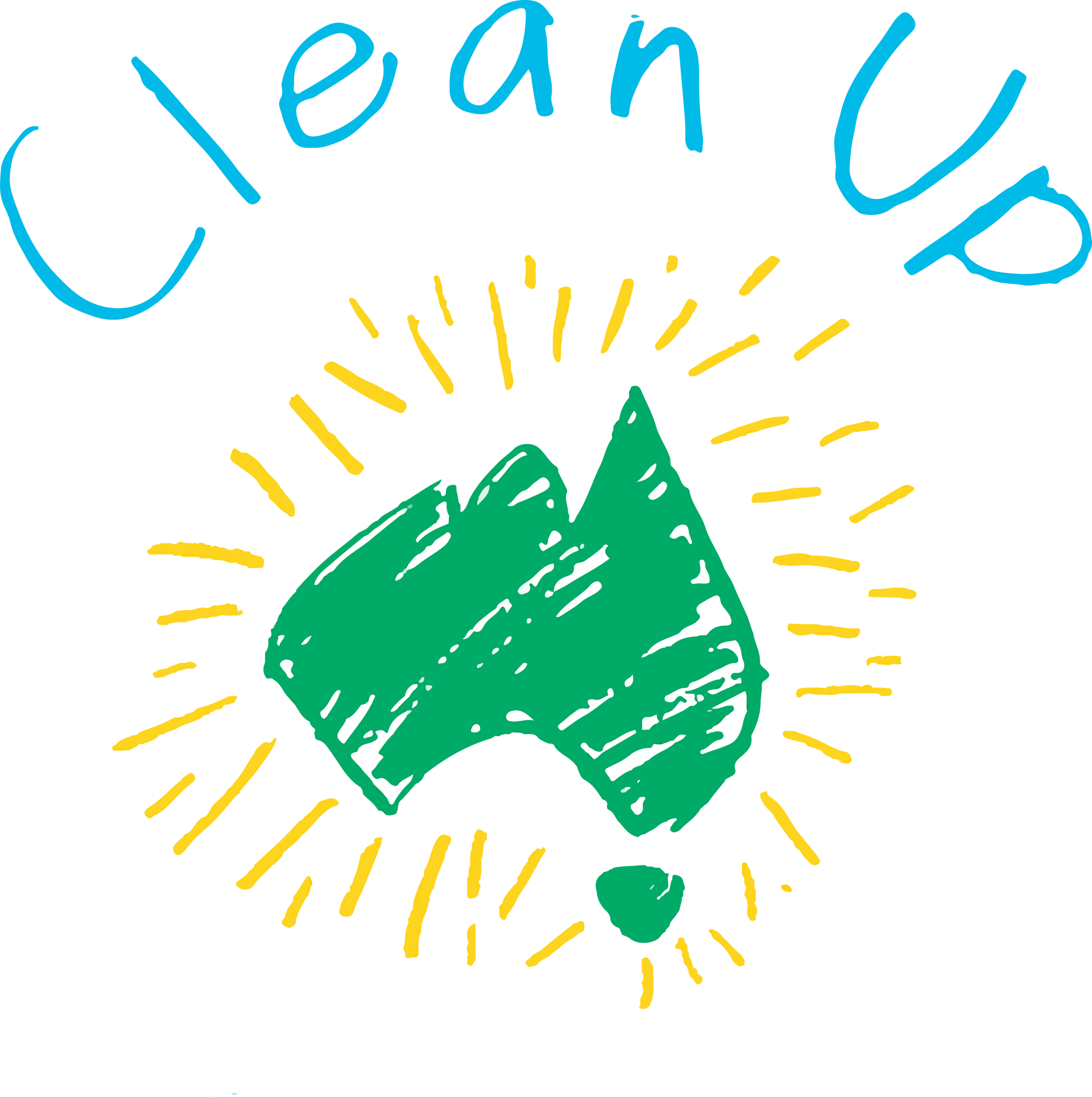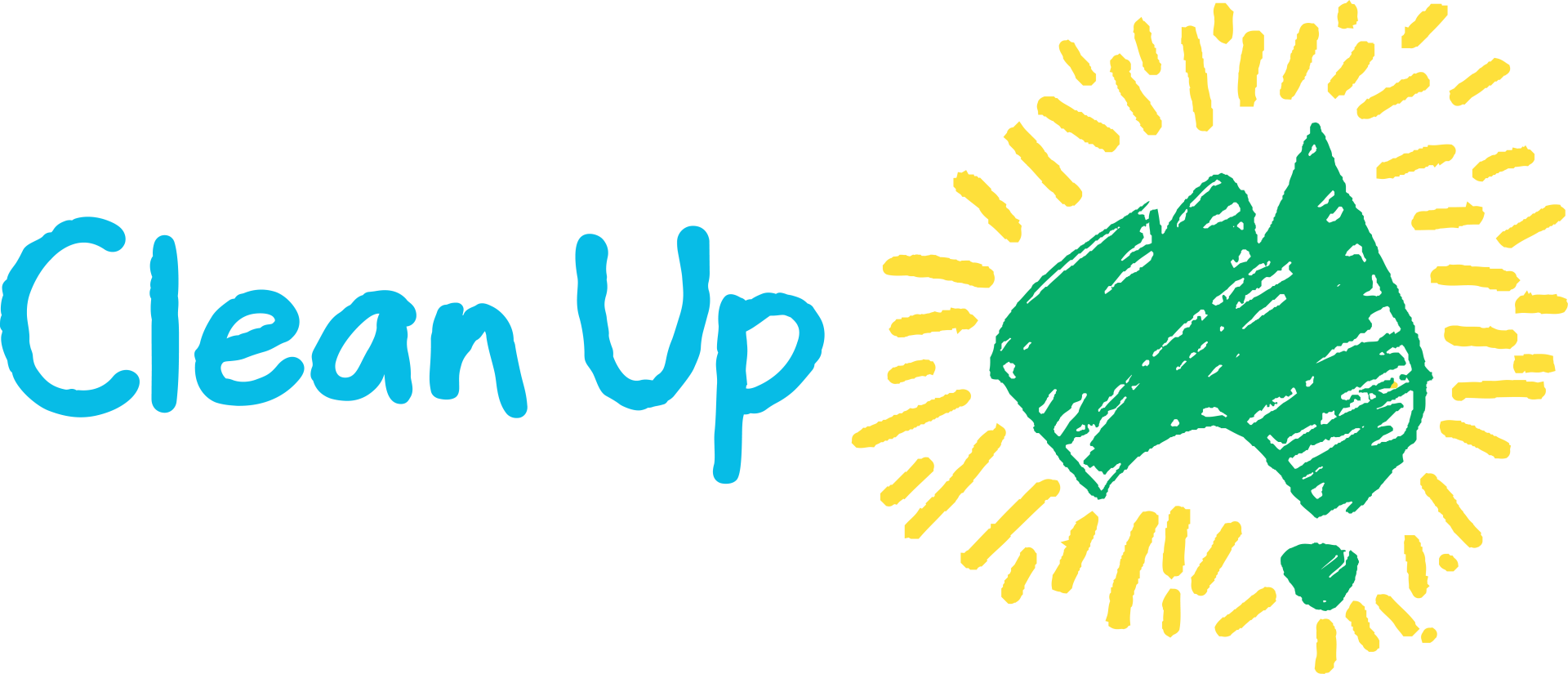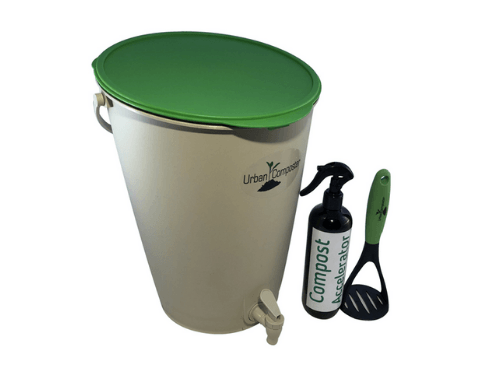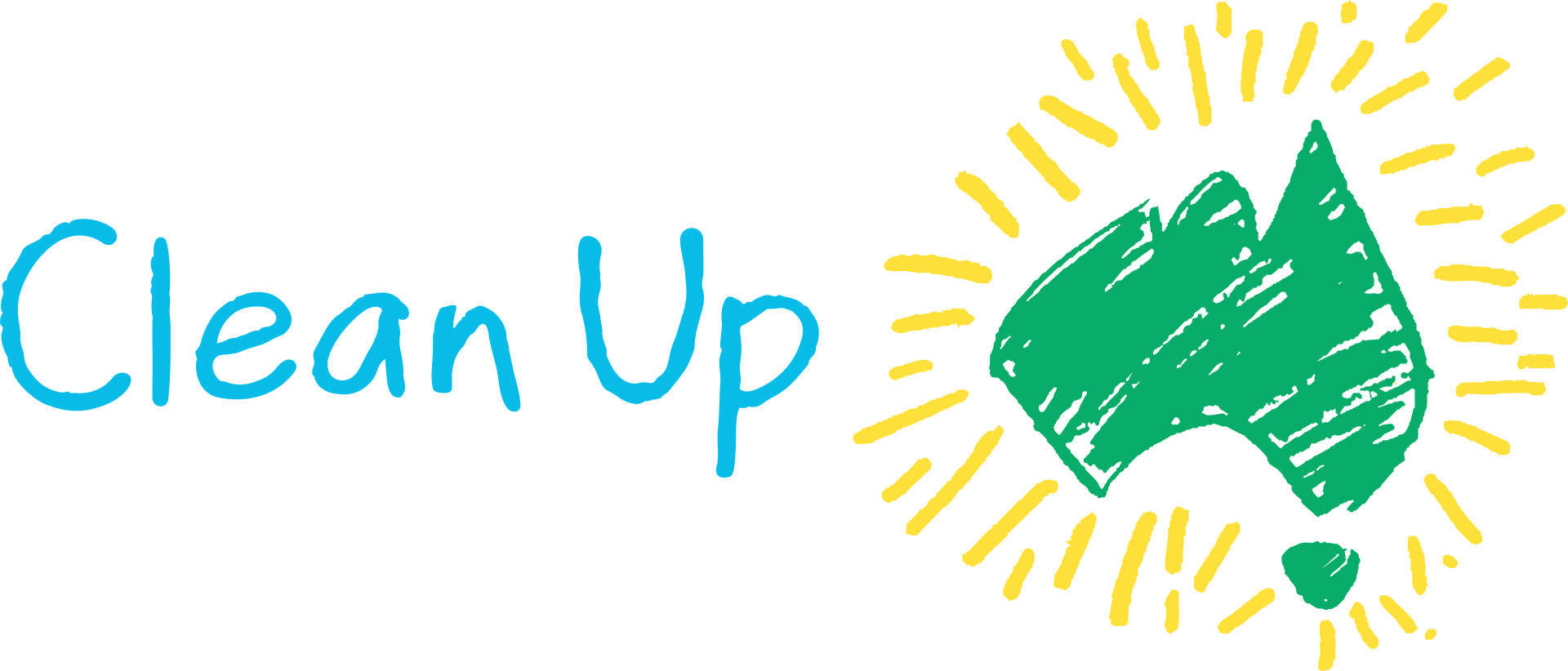Six less-waste New Year’s resolutions for 2023 (and why you should adopt them)
Each of us can Step Up and make a difference in 2023. Here are six small ways to make a big impact.

1. Sign up for Clean Up Australia Day.
In 2023, it’s on Sunday 5 March. You can go it alone, or join a group of friends, family or community to clean up an area near you. There are endless ways to get involved, you'll get sent a free starter kit that contains bags, gloves and everything you need to create a safe, fun and effective Clean Up, plus there's a stack of free resources to help spead the word and answers to all your questions right here!
Why you should do it: You’ll be helping to keep tonnes of plastic, bottles, cans, cigarette butts and other waste out of our parks, rivers and waterways and putting them where they belong. It’s an easy, fun and effective way to make a difference you, your kids, friends, school, busines or community group can see right away. How inspiring is that?
2. Buy less stuff.
If you had the average Aussie Christmas, you’re probably up to your neck in leftover food, weird socks and games you’ll never play, as well as fab new kitchen gadgets, the year’s best novels and delicious chocolates. Use this seasonal excess to remind yourself that you probably don’t need more stuff for quite a while.
Why you should do it:
Overconsumption is costing us the Earth. Everything we buy has a cost not just in money but in resources used, carbon emissions, waste in packaging and its eventual disposal. Before you hit the sales, think about whether you really need that next purchase, or if you could do without it – especially when it comes to fast fashion.
3. Reuse, repair, or buy second-hand and recycled.
Remember your reusable bags when you go shopping, and say no to plastic bags. Keep your reusable coffee cup in the car. Have that washing machine or fridge repaired instead of buying a new one. If it can’t be fixed, look on second-hand sites such as Facebook Marketplace, Gumtree and eBay for used appliances, clothes and homewares. Or join Freecycle and pay nothing. When you do buy something, buy recycled.
Why you should do it: If we all did this for one year, imagine the amount of coffee cups, plastic bags, e-waste and household rubbish would be kept out of landfill. And buying products made out of recycled content helps to create a demand for the materials they are made of, from cat litter made from recycled paper to activewear made from recycled plastic and other waste. Take a look at our Buy Recycled collections.
4. Start composting.
Food waste makes up half of the rubbish in the average household’s bin. A lot of that can be turned into compost for your garden – use it for growing your own herbs and veggies. Herbs such as basil, parsley and coriander grow easily in pots (and don’t come wrapped in plastic). If you don’t have room for a compost bin or live in an apartment, try an Urban Composter or a worm farm. And if you have room and a bit of time, keeping chickens is a fantastic way to use food scraps and get the best eggs from happy hens. But check the regulations in your area first – generally, you can’t have roosters and the maximum number allowed is 10.
Why you should do it: Food waste contributes 5 million tonnes of waste to landfill each year and globally
8% of greenhouse gases come from food waste. Composting is simple and fun, and the difference you make is measurable and immediate. And news flash! You don't need a backyard - you can buy a tiny little unit to sit on a bench or under your sink - no mess, no odours, no fuss!
5. Recycle right, mate!
Recycling can be confusing! And to make matters worse, just because an item is recyclable somewhere, does not mean it necessarily belongs in your kerbside bin. How to get it right can be tricky. Recycling rules vary from council to council because they have access to different recycling facilities, and each facility has unique equipment and capabilities and is able to process a different set of items.
But good news! A new app removes the recycling guesswork. The free Recycle Mate app helps you recycle anywhere in Australia – whether at home, at a friend's house or when you're on holidays. Just take a photo or type the name of an item you would like to know more about and Recycle Mate will give you disposal advice specific to your location
Why you should do it:
We need to keep as much out of landfill as we possibly can. We can now recycle tennis balls, thongs, blisterpacks, coffee cups, plant pots, computer keyboards and seedling trays - but none of these things can go in your kerbside bin. And while recycling opportunities keep evolving, it's important that we move away from ‘set and forget’ recycling behaviours to actively seeking new information. Recycle Mate covers all areas of Australia and provides information for every council kerbside recycling system.
6. Share your resolutions and spread the waste-less word!
Tell others what you’ve resolved to do in 2023 and why (start by sharing this list!). There’s plenty more inspiration on our website. Encourage your family and friends to make a change by sharing your personal pledge on social media and tagging @CleanUpAustralia.
Why you should do it: We can’t all have a message as strong as David Attenborough’s, but we can adopt the ‘each one teach one’ technique to spread the word about waste reduction and how each one of us can act to save our planet from being drowned in waste. Explaining why what we consume and throw away matters to a child, or a friend or family member means we spread the message exponentially. And remember, we don't need a handful of people doing zero waste perfectly, we need millions of us doing it imperfectly!
Alison Hill writes features and web copy from the Blue Mountains west of Sydney.
Search for other blog topics:









